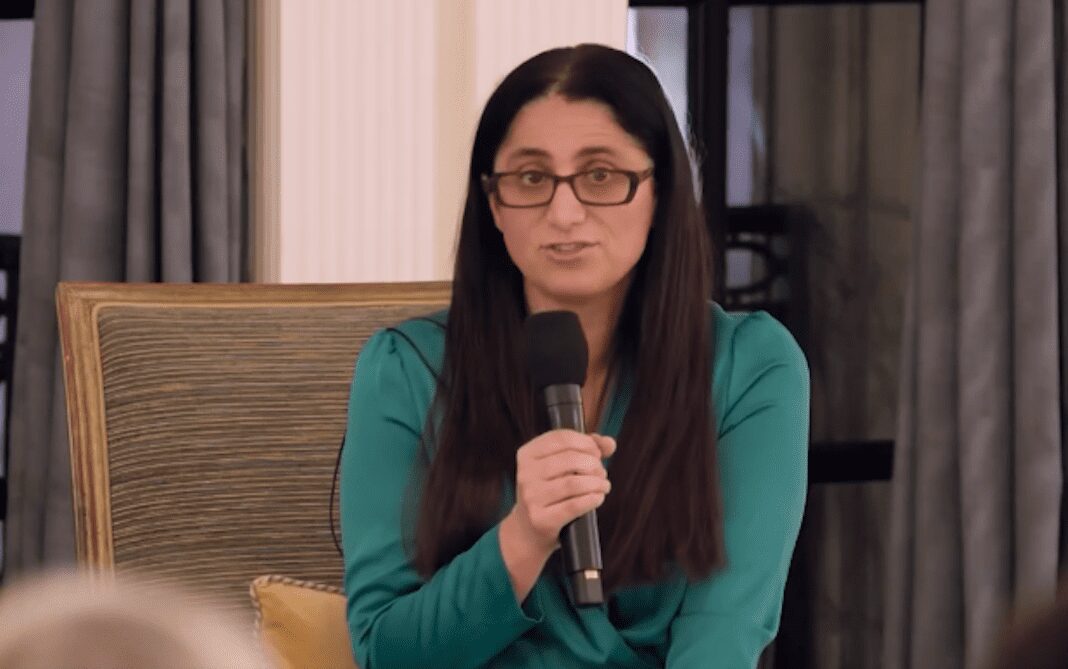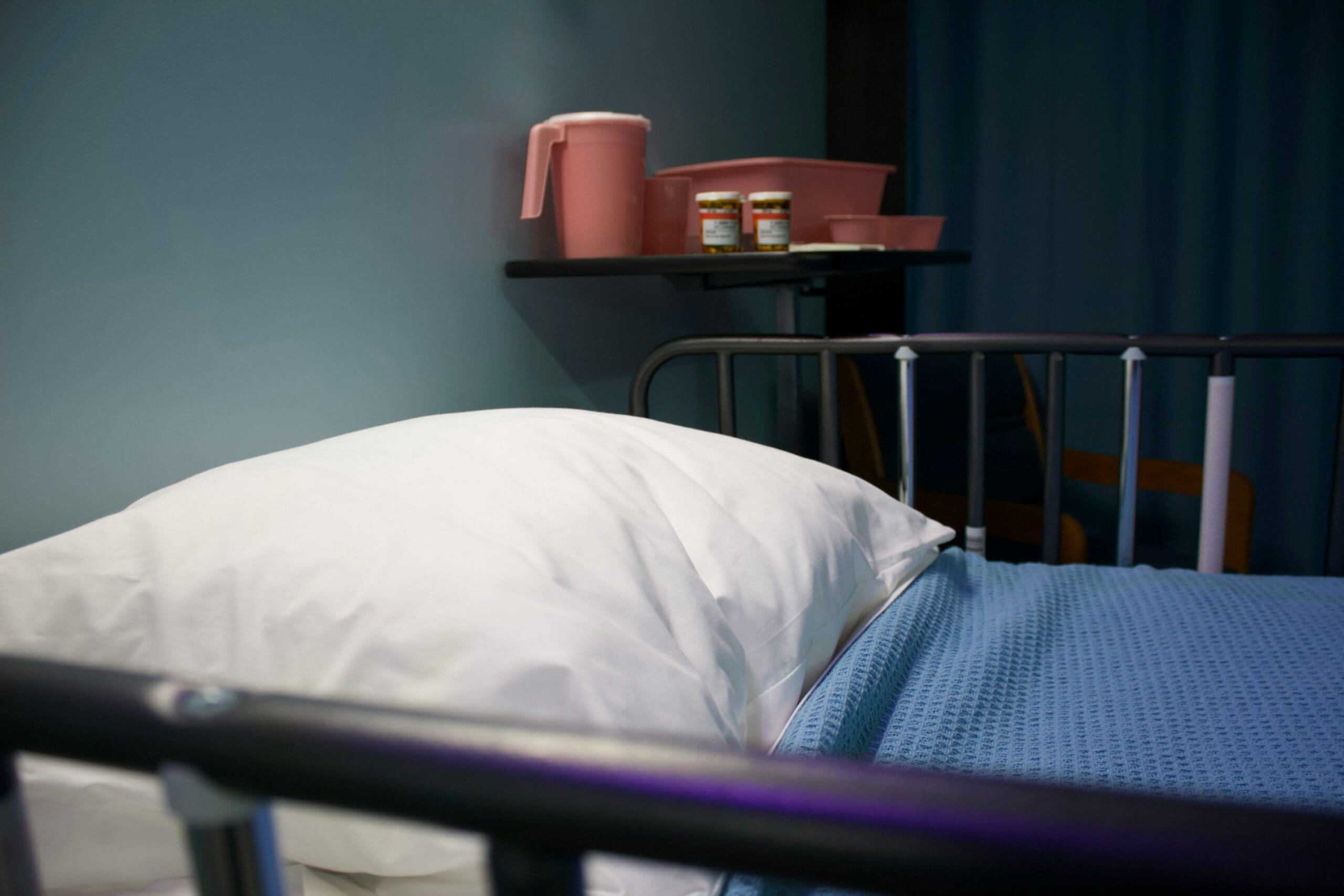Hospital maternity units are closing across Michigan
According to a 2023 report by the March of Dimes, 18% of all counties in Michigan are now ‘maternity deserts.’

Maternity wards in hospitals across the nation are closing in record numbers. Experts say staffing shortages, hospitals suffering financial strain due to insufficient payouts from Medicaid, and the ruling in Dobbs v. Jackson Women’s Health Organization by the U.S. Supreme Court that overturned Roe v. Wade are behind the closures
In 2023, two hospitals in Michigan closed maternity units and one shut down entirely.
In February 2023, Ascension Providence Hospital in Southfield terminated its midwifery services, a program that had been in existence for over 40 years, Detroit station WXYZ reported. In October, Spectrum Health Kelsey Hospital in Lakeview permanently closed its doors. ProMedica Coldwater Regional Hospital in Coldwater announced in November it would be closing its labor, delivery, recovery, and postpartum department by the end of 2023. Two of the three hospitals are located in rural areas of Michigan.
When hospitals close or close their labor and delivery units, particularly in rural areas, it creates a maternity care desert, a region that doesn’t have a sufficient number of maternity care providers or reasonable access to birthing facilities.
According to a 2023 report by the March of Dimes, over 2 million women of childbearing age live in maternity care deserts.
In Michigan, 18.1% of counties are defined as maternity care deserts; 4.6% of women didn’t have a hospital within 30 minutes’ travel where they could give birth; and 13% of pregnant people “received inadequate prenatal care,” the report found.
In the United States as a whole, 32.6% of people of childbearing age live in maternity deserts.
Brian Peters, chief executive officer of the Michigan Health & Hospital Association, told the Michigan Independent that when it comes to maternity ward closures, rural areas are most deeply impacted. He said that such closures in Michigan are due to a lack of childbearing patients in the given area and the financial burden on the hospital to keep the unit operating without enough patients.
“If you’re only delivering so many babies a year, it’s hard to recruit an OB-GYN and the other appropriate support staff and everything else that goes along with that,” Peters said.
Peters added that low payouts from Medicaid also play a huge role in closures: “In Michigan, just about half, maybe just a little under half of all deliveries statewide — this is urban and rural — are paid for by Medicaid. And it’s been that way for some time. Medicaid, as you know, has never paid the true cost of care like private insurance would. And so you’re starting out in a hole right there when you have a huge percentage that are paid for by Medicaid, which, creates some financial pressure.”
Dawn Shanafelt, director of the Michigan Department of Health and Human Services’ Division of Maternal & Infant Health, told the Michigan Independent that nursing and physician shortages, particularly in the area of obstetrics and gynecology, are another reason for maternity ward closures.
But Julia Strasser, an assistant research professor at the Milken Institute School of Public Health at George Washington University in Washington, D.C., said that it’s really an issue not of a shortage in staffing but of uneven distribution of providers across the state.
“We know that providers tend to be more concentrated in urban and more well-resourced areas, which is also where hospitals tend to be located,” Strasser said.
Strasser said another factor in closures is the Dobbs decision, “for folks who are involved in any type of women’s health care, the pressure of Dobbs and being threatened with jail time or loss of their medical license. I think there’s a lot of growing recognition of this problem, but I think it’s really playing out right before our eyes.”
Michigan’s state agencies are working to help those living in maternity care deserts.
In 2023, the Michigan Department of Health and Human Services began partnering with health tech company Royal Philips to develop a mobile app called Pregnancy+ that offers mindfulness videos, information on breastfeeding and vaccinations, and information on safe sleep practices and quitting tobacco.
“Although the app doesn’t provide clinical care, what it does is it provides education and information that’s helpful for pregnant and postpartum people,” Shanafelt said.
Another effort intended to help Michigan’s pregnant and parenting population is the expansion of Medicaid coverage, which Gov. Gretchen Whitmer signed into law in May 2022. The expansion extends coverage for those eligible from 60 days to 12 months postpartum.
“That helps to make sure that pregnant women are getting the prenatal care and the postnatal care that they really deserve and need,” Peters said.
Peters also points to the Michigan Alliance for Innovation in Maternal Health, a program created to improve maternal health outcomes in the state. Since implementing the program in 2015, Peters says, the state has reduced maternal morbidity by 10.5%, reduced complications from hemorrhage during delivery by almost 20%, and reduced maternal hypertension complications by 19%.
Strasser says new research shows that as a result of hospital and maternity ward closures in rural areas, people are giving birth in emergency departments. “It’s not the way that the health care system is designed to operate. You’re supposed to be able to go and have your delivery services by someone who is specifically trained in delivery.”




